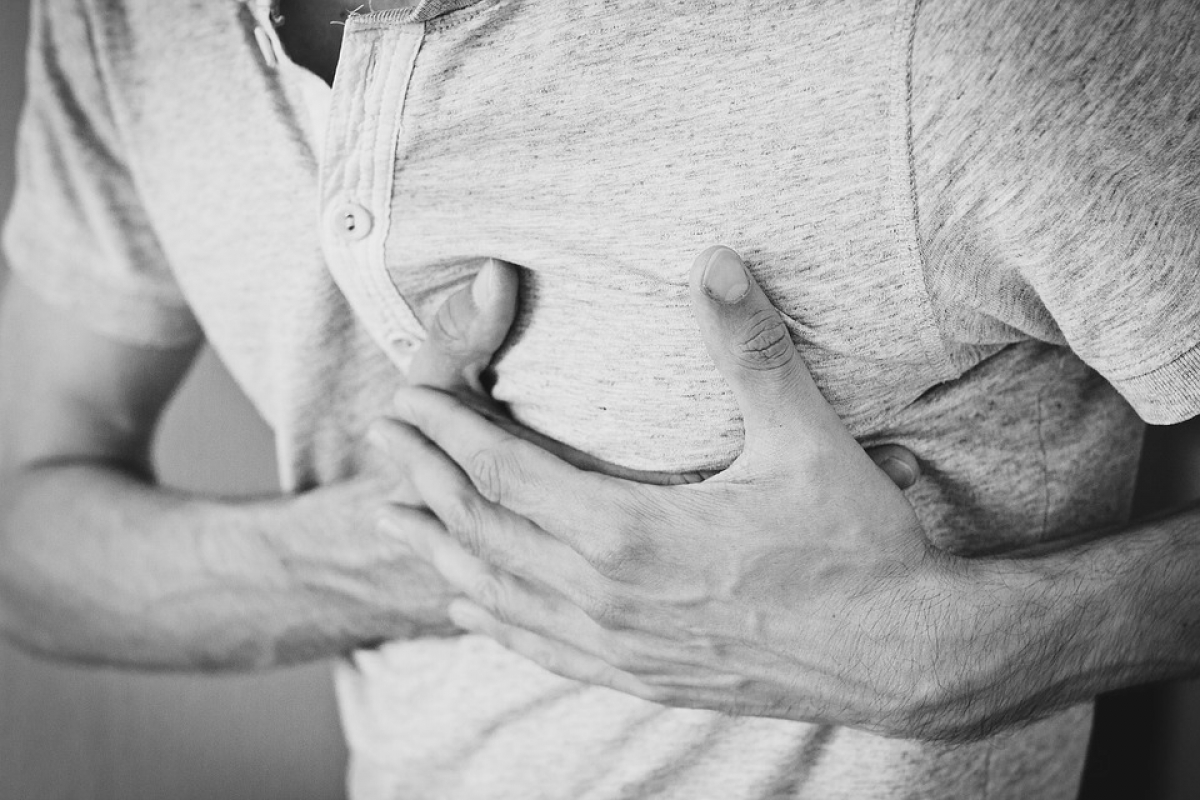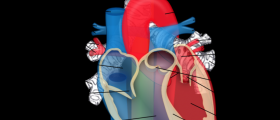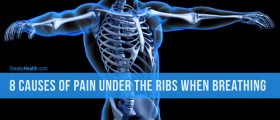Chest pain is a symptom of many underlying health conditions that should not be neglected since they can cause serious complications. Many people experiencing chest pain usually tend to think that it has to be associated with certain heart problems, fearing of the heart attack. However, squeezing chest pain may be caused by some other medical conditions.

Causes of squeezing chest pain
Squeezing chest pain usually occurs due to aortic dissection, which is also called dissecting aneurysm. The major blood vessel in the human body is aorta which branches off the heart. When the inner layer of aorta is torn due to, for example, high blood pressure, aortic dissection occurs and manifests through an abrupt and sharp pain in the chest. It is a life threatening condition and should be treated right away with medicines and surgery.
Another cause for the occurrence of squeezing chest pain is angina. Angina is a sharp pain in the chest which appears when the heart does not receive sufficient amounts of blood, in most cases due to partially or completely blocked blood vessels. As a symptom of coronary artery disease, angina is usually accompanied by several other symptoms, such as dizziness, shortness of breath, anxiety and fatigue.
Pulmonary embolism may also be responsible for the incidence of the pain in the chest. Blockage of the heart arteries due to either blood clot that comes from the leg, or some foreign material is the cause of it. The blockages in question are medically called embolus and therefore, this disease is termed as pulmonary embolism. The people who suffer from cancer, pelvic leg trauma and immobilization are more prone to develop this disorder.
Squeezing chest pain may be also induced by the condition called pericarditis. As we all know, the structure of the heart is very complex, and besides having four chambers and valves. However, it also has the two linings: the inner and outer lining. Pericardium is the name of the outer lining and when it gets inflamed, the condition in question occurs. While acute pericarditis only lasts several weeks, chronic pericarditis lasts for a long period of time, at least six months. The most common symptoms of this condition are squeezing chest pain, faintness, hiccups, cough, shortness of breath and mild fever.
All these conditions are very serious and can be even fatal, which is why, when one experiences squeezing pain in the chest, the immediate visit to a doctor is of extreme importance.
















Your thoughts on this
Loading...